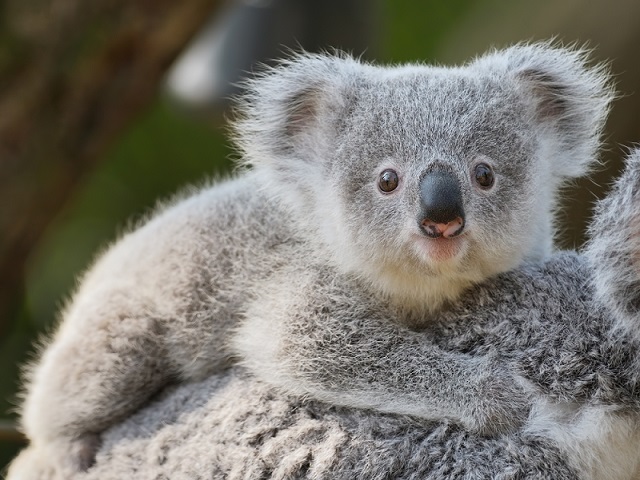Underpinned by legal advice from the Environmental Defenders Office, conservation groups have called for the NSW government to make an emergency endangered species declaration for koalas.
A report commissioned by global conservation group, the International Fund for Animal Welfare (IFAW), looked at how fires across seven regions had affected koalas already in decline from habitat destruction, climate change and drought. It concluded that the State may have lost up to two out of every three of its koalas in the past 20 years, including at least 5000 deaths during the recent fires.
The report was prepared by expert ecologist Dr Stephen Phillips. It concludes that there is an immediate, ongoing and significant threat of extinction to the NSW koala population, making it eligible for a provisional listing as Endangered on an emergency basis under the NSW Biodiversity Conservation Act 2016. The key threats to the koala are climate change and clearing of habitat.
This week IFAW wrote to the NSW environment minister, Matt Kean, to ask that koalas be “emergency uplisted” from vulnerable to endangered status.
Alongside legal advice from EDO on the tools available to increase protection for koalas in NSW, IFAW submitted a nomination to the Threatened Species Scientific Committee co-signed by Friends of the Koala, Humane Society International (HSI), Port Macquarie Koala Hospital and World Wildlife Fund for Nature (WWF).
Elaine Johnson, principal lawyer at EDO in Sydney, which advised IFAW on available legal steps to protect koalas, said a provisional endangered listing would put further restrictions on development applications that affected koalas and in some cases could stop developments.
“In our view the IFAW report provides a strong basis for a provisional listing. Importantly, this report considers the ongoing threats from climate change – those risks are likely to increase.
“We think it’s the right time to provide further protections for koalas.”
The IFAW study looked at declines of koala populations over three generations – about 18 years – and included the effect of the fires from 1 October 2019 to 10 January 2020.
Losses across the generations due to habitat loss, drought and bushfires were up to 67%. Koalas are susceptible to major impacts such as fires because they reproduce relatively slowly, with each female able to produce only a maximum of one joey each year.
Climate change reports suggest conditions would get worse for the species, with continued stress on the eucalypts they rely on for food, as well as increasing risks from bushfires.

In NSW the koala is currently listed as a Vulnerable species in Part 3 of Schedule 1 of the Biodiversity Conservation Act 2016. Koalas are not currently listed as an Endangered species in Part 2 of Schedule 1, nor are they a Critically Endangered species in Part 1 of Schedule 1. Therefore this species is eligible for provisional listing as Endangered on an emergency basis, conditional to satisfying the requirements of the Biodiversity Conservation Act 2016 as being subject to an immediate, ongoing and significant threat of extinction in the foreseeable future. The report commissioned by IFAW and prepared by Dr Stephen Phillips provides a strong basis for such a listing.
An emergency listing would last for two years while the species is assessed under the usual listing process in Part 4 Division 3, to determine whether it ought to be listed as endangered or critically endangered.





